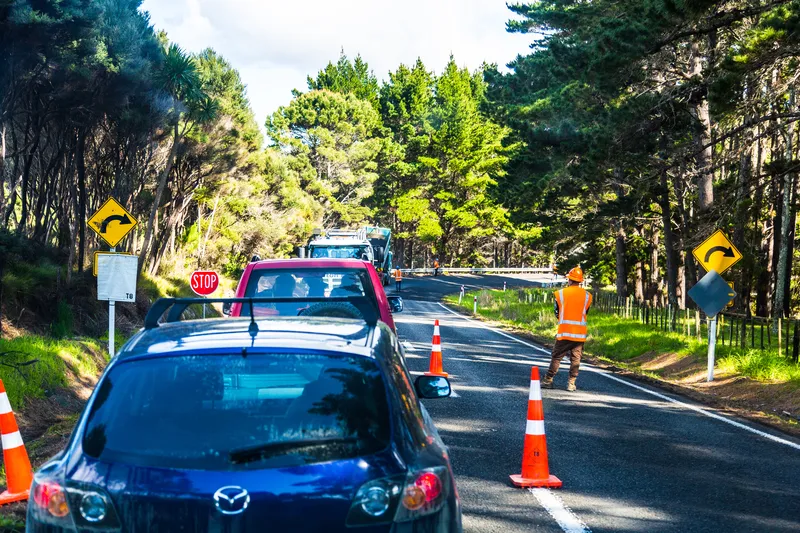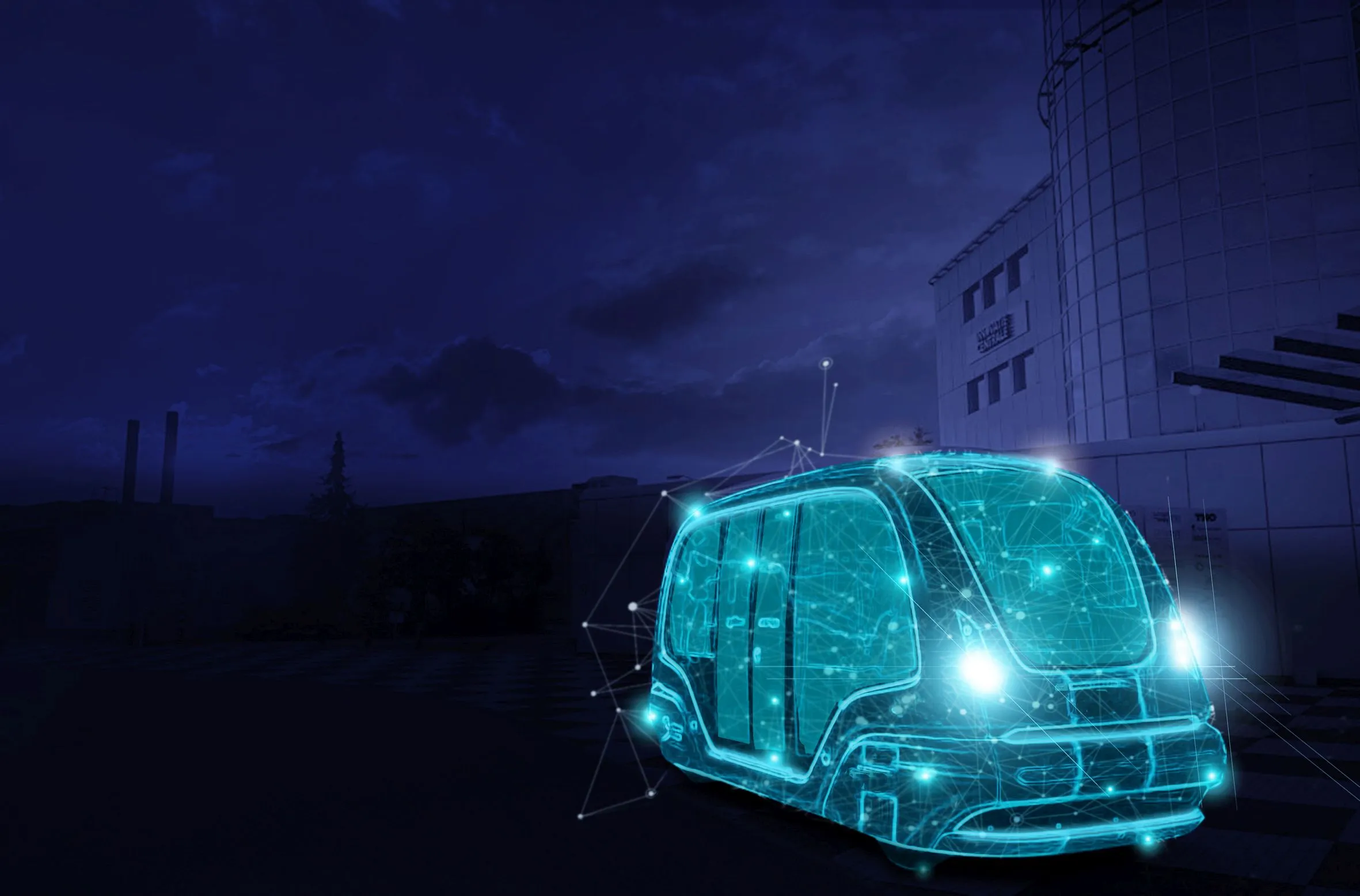Both companies will bring R&D experience to the partnership, including knowledge of 5G mobile technology and an understanding of its importance in the deployment of a fully connected car platform.
C-V2X, which is included in Third Generation Partnership Project, Release 14, is designed with the intention of delivering double the operation time at a lower cost than dedicated short-range communications over existing mobile communications networks.
The collaboration will be based out of LG Electronics’ Science Park in Seoul with both companies working effective immediately.
“Building on our long-standing relationship with LG, this effort to advance C-V2X technology further demonstrates our continued commitment to the development of advanced solutions for safe, connected and increasingly autonomous vehicles,” said Nakul Duggal, vice president of product management, Qualcomm Technologies, Inc. “With the automotive industry on a clear path to 5G, we look forward to working together with LG to meet the demands of today’s drivers and advance the commercialization of C-V2X technology in next-gen vehicles.”
Qualcomm partner with LG Electronics on connected car solutions, South Korea
LG Electronics has announced a partnership with Qualcomm to develop a range connected car solutions as well as establishing a joint research centre in South Korea to develop 5G for vehicle and Cellular Vehicle-to-Everything (C-V2X) technologies for the next generation of autonomous vehicles. Both companies will bring R&D experience to the partnership, including knowledge of 5G mobile technology and an understanding of its importance in the deployment of a fully connected car platform.
October 24, 2017
Read time: 2 mins










